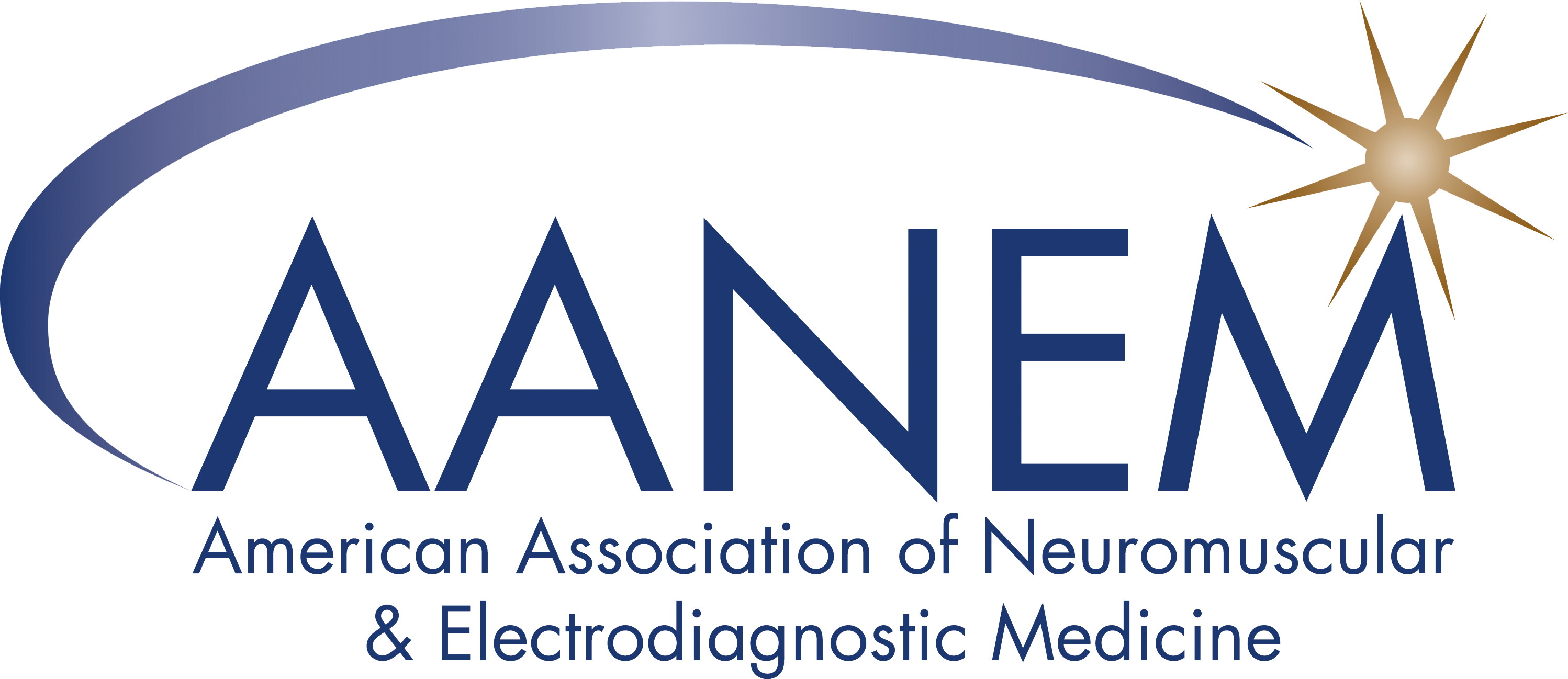Spasmodic Dysphonia
What is Spasmodic Dysphonia?
Spasmodic dysphonia is a form of dystonia which makes the vocal cords not behave as they should. This creates interruptions while speaking and affects a person's voice quality. There are two types of spasmodic dysphonia, adductor and abductor. The adductor type is an abnormal contraction of the vocal cord muscles. This creates interruptions in speech. The abductor type is an over contraction of the muscles that separate the vocal cords. This creates a whispery voice. The cause of spasmodic dysphonia is unknown.Who gets Spasmodic Dysphonia?
Anyone can get spasmodic dysphonia, but people around the age of 50 seem to be more affected.How is Spasmodic Dysphonia diagnosed?
There is no definitive test for spasmodic dysphonia. After taking the patient's history, a team of physicians will evaluate the patient. A neurologist will look for neurological reasons for the dysphonia through the use of electrodiagnosis or other tests. A speech-language pathologist will check voice quality, and an otolaryngologist will look at the vocal cords.How is Spasmodic Dysphonia treated?
There is no cure for spasmodic dysphonia. Treatment is designed to help the symptoms of the disorder. Botulinum toxin injections may be used to help relax the muscles around the vocal cords, allowing for normal speech. Unfortunately, this is only a temporary solution and repeated injections are necessary. Speech therapy can be helpful, showing a person how to adjust their speech to fit the dystonia. In some cases, surgery may helpful.
More Information
Dystonia Medical Research Foundation
American Speech-Language-Hearing Association
Dysphonia International
National Institutes of Health
Help Fund Research
The foundation funds important research and helps support education through awards and fellowship funding. Donate today and 100% of your donation will be used to support these initiatives.
Find Support
AANEM's membership and accredited laboratory directories can help patients find qualified professionals for diagnosis and treatment.
Find a Doctor Find an Accredited Lab